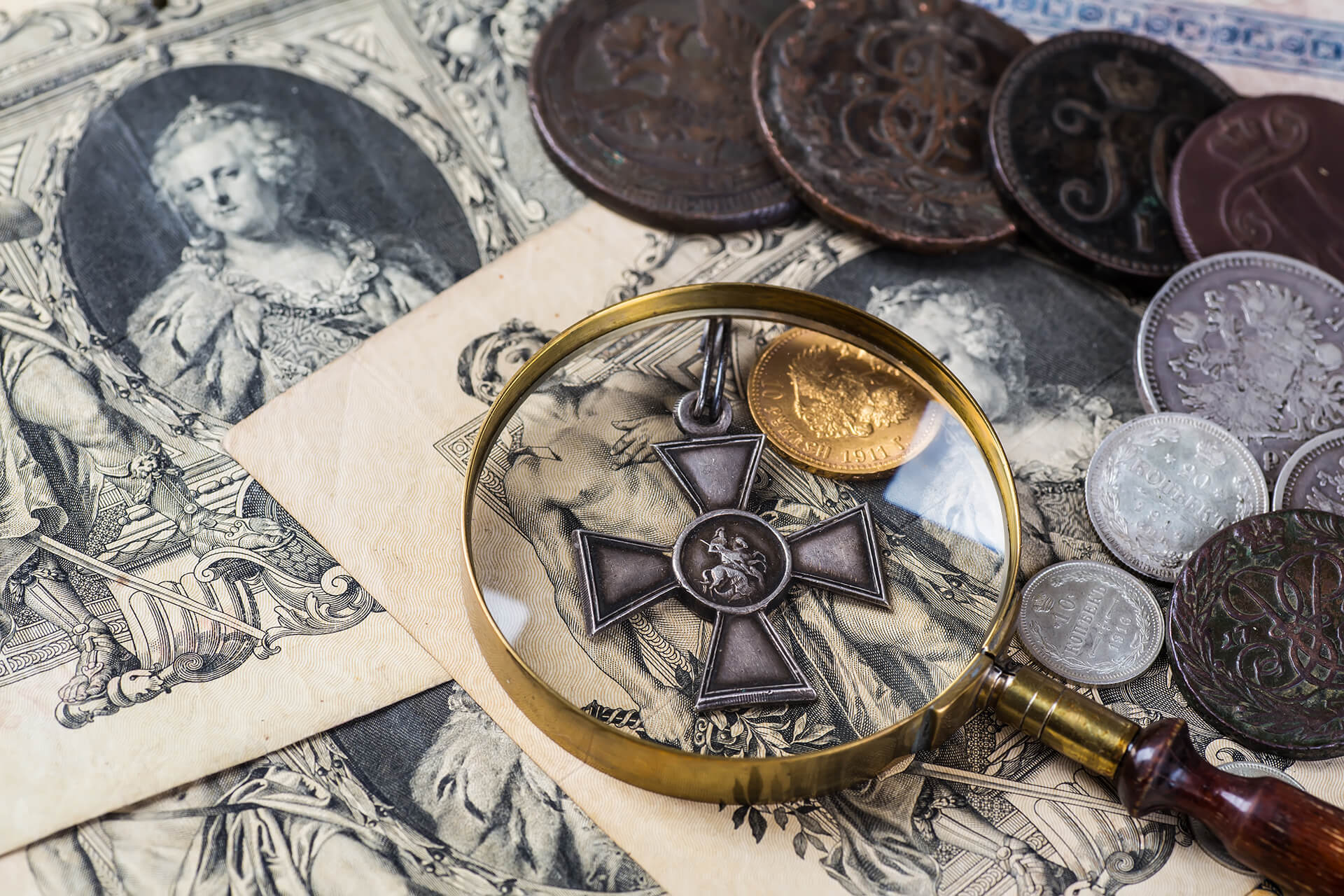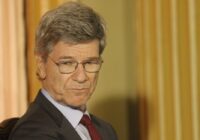When it comes to the Russian invasion of Ukraine, it is easy to get into the popular narrative of the Cold War. Three decades after the collapse of the Soviet Union, this narrative still lives subconsciously, if not consciously, in people’s minds. It puts things in easy perspectives: a binary black and white, the US against Russia, us versus them. To quote George W. Bush (Bush Junior), this narrative is simple: “If you are not with us, you are against us.”
While the Cold War mindset might be obvious, other modes of thinking are less so. A key one is imperialism. In my naive youth, I had never believed that Americans would think of their role in the world from a great-power imperialistic perspective. When the Iraq War broke out in 2003, my impression was rudely shattered. I met a doctor in Connecticut and told him that I had just come from Kuwait. The good medic had never been outside his native state of Connecticut. Yet he expansively waved his hands and asked me: “So how are we managing the region?” I realized then that this attitude was as imperial as the British one of “managing” India or the French one of “managing” Algeria or that of any colonial power “managing” a colony.
Our good doctor was well aware that the US Army had a base in Kuwait and the gateway to Iraq was directly through Kuwait. He assumed that the US was responsible for the whole region as some form of a world’s policeman and sovereign states in the region had little say in the matter. Given the fact that the US is the top dog as the sole superpower, it is easy to blame it for neo imperialism and more. Yet imperialism is not an American monopoly and it is important not to view the world through a monochromatic lens.
US Provocation or Russian Imperialism?
Some of the popular narrative in many countries is that the US is responsible for Putin’s invasion of Ukraine, at least in part. John Mearsheimer, professor at the University of Chicago, has popularized this line of thought. He argues that NATO’s eastward expansion provoked Russian President Vladimir Putin to invade Ukraine. The problem with this argument is that it is curiously imperial.
As per Mearsheimer’s worldview, NATO in general and the US in particular were at fault for welcoming countries that were in the Soviet-led Warsaw Pact. Admitting the three former Soviet republics in the Baltics was rubbing salt into wounded Russian pride. This view forgets that the Russian Empire and its successor, the Soviet Union, expanded in western Europe as well as in the east all the way to the Pacific. In 1979, the Soviet troops even marched into Afghanistan to protect the communist government.
None of the countries that suffered under Moscow’s yoke wants to go back to those. That is what so many of them lined up to join NATO when the Soviet Union fell. Eastern European nations also turned to the EU because of economic opportunities on offer. Poles, Lithuanians and even Hungarians prefer to work in France, Germany and the UK instead of in Russia. In a nutshell, NATO guaranteed security against an imperial Moscow while the EU boosted the economy for Eastern Europe.
An imperial view would see the expansion of NATO as a win for the US and a loss to Russia. However, it might be a good idea not to think of NATO or even the EU expanding east but Eastern Europe moving westward. “Go West, young man” had a new meaning for Poles suffering from nightmares of the 1943 Katyn Forest Massacre when the Soviets slaughtered the flower of Polish society.
Obviously, Russia did not like the eastward expansion of NATO or the EU. For a historically imperial power, this was deeply humiliating. In particular, the Soviet collapse scarred Vladimir Putin. This former KGB officer ended up driving a taxi for a bit. As Atul Singh and Glenn Carle write, the 1990s deeply traumatized Russians “who interpret almost every US action and statement as pieces of a long term, coherent plan to undermine Russia.” Russia claims that NATO threatens its sovereignty by encroaching on its near abroad.
What Is the Conflict Really About?
The reality is that NATO armies have no designs on Russian territory. It is Russia that annexed Crimea with impunity and in contravention of international law. Now, it has attacked Ukraine without provocation. It is razing entire cities, killing civilians and committing atrocities in a classically brutal Russian way. The history and the current reality of Russia puts fear into the hearts of its neighbors. That is why Finland and Sweden have applied to join NATO. Their action is defensive, not offensive.
US President Joe Biden may have been at fault in Afghanistan but he is not at fault for Ukraine. Putin is the man responsible for this conflict. Running a kleptocratic regime, this authoritarian leader needs to squash a democratic Ukraine. This removes the risk of calls for democracy in Russia. If Russian forces had taken Kyiv, a Moscow-friendly government would be in place. That was a key objective for Putin’s reckless assault on Kyiv. Unfortunately for the new tsar of Russia, Ukrainians beat back Russian forces.
Now Russian troops are taking over the Donbas region and much of Ukraine’s Black Sea coast so that Russia has a land route to Crimea. Putin’s constant references to history are self-serving justifications and too clever by half obfuscations. Putin recently compared himself to Peter the Great who fought the Great Northern Wars from 1700 to 1721. Addressing young scientists and entrepreneurs, Putin “talked politics and power.” He spoke about the new battle for geopolitical dominance and proclaimed Peter the Great to be a role model who in Putin’s eyes reclaimed Russian land. For Putin, it is all about land. Russia wants the Donbas, period. And maybe some more.
The views expressed in this article are the author’s own and do not necessarily reflect Fair Observer’s editorial policy.
Support Fair Observer
We rely on your support for our independence, diversity and quality.
For more than 10 years, Fair Observer has been free, fair and independent. No billionaire owns us, no advertisers control us. We are a reader-supported nonprofit. Unlike many other publications, we keep our content free for readers regardless of where they live or whether they can afford to pay. We have no paywalls and no ads.
In the post-truth era of fake news, echo chambers and filter bubbles, we publish a plurality of perspectives from around the world. Anyone can publish with us, but everyone goes through a rigorous editorial process. So, you get fact-checked, well-reasoned content instead of noise.
We publish 2,500+ voices from 90+ countries. We also conduct education and training programs
on subjects ranging from digital media and journalism to writing and critical thinking. This
doesn’t come cheap. Servers, editors, trainers and web developers cost
money.
Please consider supporting us on a regular basis as a recurring donor or a
sustaining member.
Will you support FO’s journalism?
We rely on your support for our independence, diversity and quality.







Comment